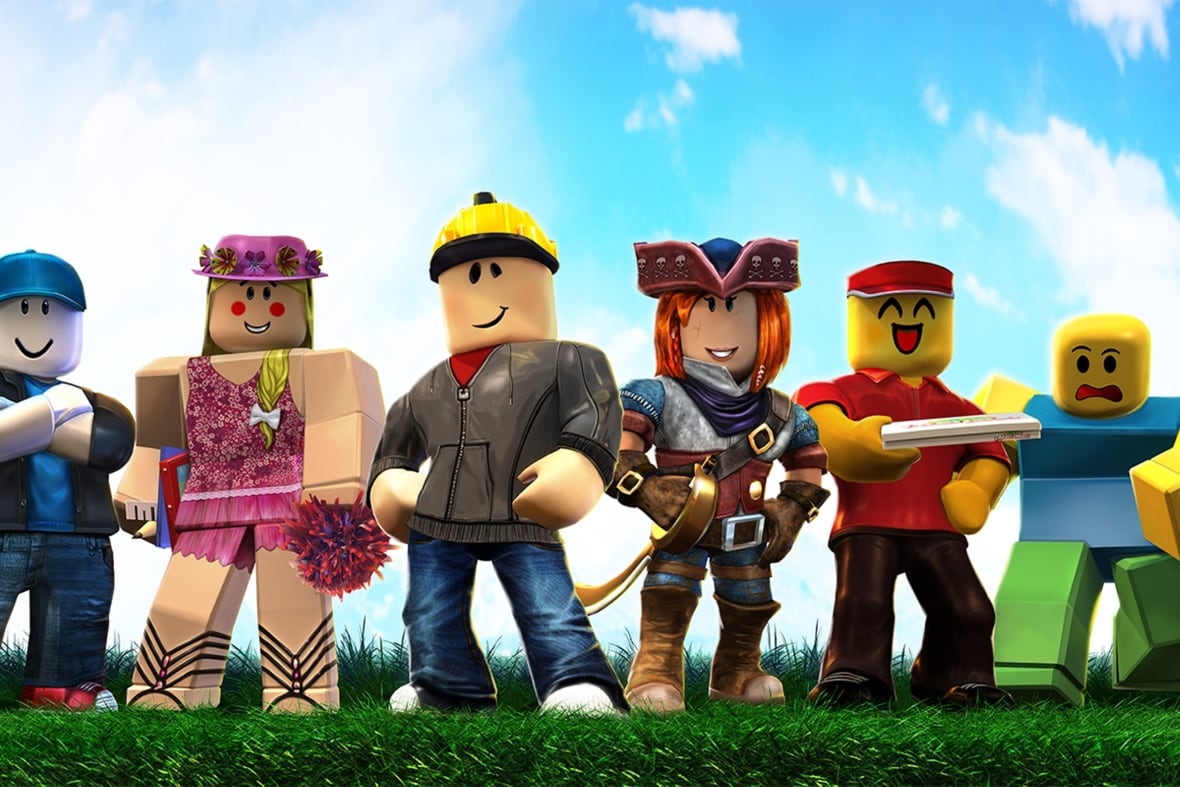B.C. 12-year-old sues video-game platform Roblox, alleging ‘addictive, manipulative’ design
A Kamloops, B.C., 12-year-old is suing Roblox, alleging the popular video game platform is designed with features and gameplay elements that are “addictive, manipulative and financially exploitative.”
The civil claim filed in B.C. Supreme Court seeks certification of a class-action lawsuit against Roblox and its Canadian arm.
It proposes representing all Canadians who’ve become addicted to or claim to be addicted to Roblox, along with minors who’ve paid to join Roblox Premium — a paid membership with extra perks.
Court documents identify the child only as D.J. The claim was filed by D.J.’s father, on their behalf.
D.J. has allegedly played Roblox since age five or six.
The lawsuit claims D.J. plays on Roblox for about two hours a day and has spent $300 to $500 on Robux, the platform’s in-game, virtual currency.

“[D.J.] has exhibited signs of addiction to Roblox since shortly after they began playing the game,” the notice of civil claim reads.
“Symptoms include but are not limited to anxiety, depression, irritability and mood swings, impaired concentration and memory, emotional instability, anti-social behaviour, loss of interest in other activities, fatigue and low energy, inappropriate behaviour and language and decreased social skills.”

None of the claims in the lawsuit have been tested in court, and it needs to be certified by a judge before it can proceed as a class action.
Roblox has not filed a legal response, according to online court records, and the company did not immediately respond to an emailed request for comment.
A 12-year-old child in B.C. has taken megahit online game platform Roblox to court, alleging that its design is exploitative and leading to addictive behaviour. Lawyer Justin Giovannetti helped with the lawsuit. He says the case looks at whether Roblox is legally responsible for the harms caused if people are addicted to their product.
Microtransactions, algorithms among alleged harms
Roblox is an online game platform where creators can program games or “experiences” for other users to play.
It’s also an immersive, virtual world where users — through their cartoon avatars — can communicate with each other or even participate in mediated activities like a virtual powwow or even a protest against U.S. immigration authorities.
Roblox boasts tens of millions of regular users and many companies, including the CBC, have content on the platform.
D.J.’s lawsuit alleges several of the game’s aspects are harmful, such as algorithms that are “designed to prolong gameplay and encourage microtransactions.” It also alleges that Roblox includes “gambling-like mechanisms” and is “designed to sustain interest and prevent fatigue.”
Microtransactions are a feature of many modern games where virtual, usually supplementary, on-screen items are purchased with real-life money either by direct transaction or by first purchasing in-game currency.
It also accuses the creators of “inadequate governance” and a “failure to disclose the harmful design elements.” It calls the platform’s age verification system “ineffective” and parental controls “limited.”
As concerns about potential abuse of young children on its gaming platform grow, Roblox is rolling out changes to tighten the restrictions on messaging for young users. Children 13 and under will not be able to message directly without parental consent.
“Roblox remains fundamentally designed to prioritize player engagement and monetization without regard to user safety,” the lawsuit alleges.
“The defendants continue to downplay and dismiss the significant risk of harm that Roblox poses while knowing that abuse, addiction and compulsive use can lead to injury.”
The proposed class action is seeking, among other relief, restitution to minors for any money spent on Roblox Premium and Robux.
Benjamin Wong, a Vancouver Community College lecturer who for two decades has worked with families affected by gaming addictions, says that the design of in-game microtransactions can take the form of “loot boxes.”
Those loot boxes are designed to closely resemble gambling games and can look like slot machines, with Wong saying that they can be designed to make in-game purchases and the enjoyment of the game inseparable.
“It’s just becoming challenging to imagine, without these elements, how fun the game would be or how much not fun the game would would be,” he said.
link








:strip_icc()/CloughmoreCt.0107-65034986891c4135b572f84cfa00cce9.jpg)
